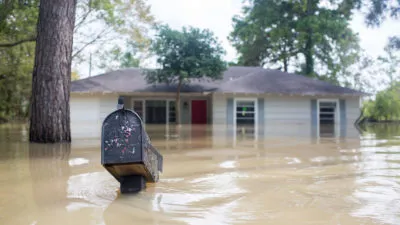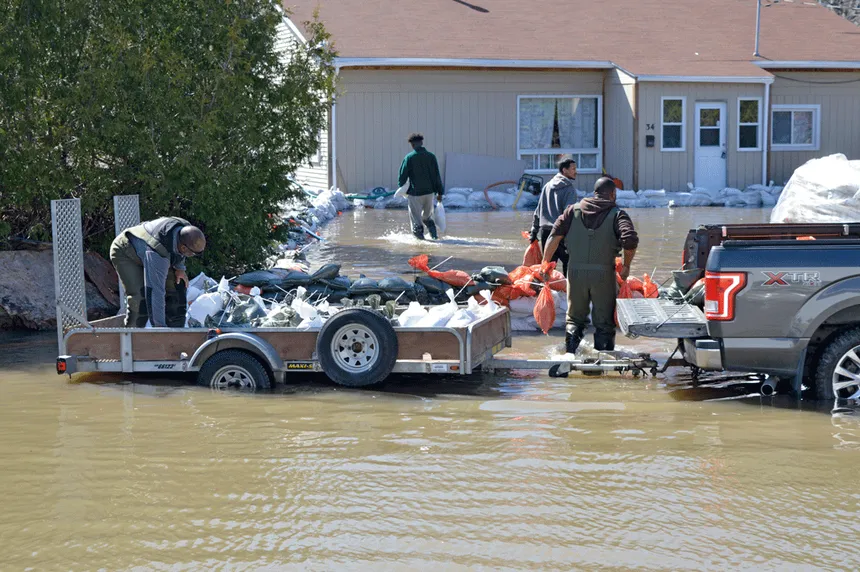A staggering $16 million per hour is the estimated cost of the climate crisis through extreme weather events over the past 20 years. This figure is not just a staggering sum, but also a reflection of the devastating impact that global heating has had on the world. The study, published in the journal Nature Communications, is the first to calculate a global figure for the increased costs directly attributable to human-caused global heating.
Over the past two decades, storms, floods, heatwaves, and droughts have claimed countless lives and destroyed vast swathes of property. Global heating has made these events more frequent and intense, causing untold suffering and economic damage. The study found that the average cost of these extreme weather events has been $140 billion per year, although the figure varies significantly from year to year. In 2022, the costs reached a staggering $280 billion.
The researchers used a combination of data on how global heating exacerbated extreme weather events, along with economic data on losses, to arrive at their estimates. They also found that 1.2 billion people have been affected by extreme weather events due to the climate crisis over the past two decades. Two-thirds of the damage costs were attributed to the lives lost, while a third was due to property and other assets being destroyed.

Storms, such as Hurricane Harvey and Cyclone Nargis, were responsible for two-thirds of the climate costs, with 16% from heatwaves and 10% from floods and droughts. The researchers’ methods could be used to calculate how much funding is needed for a loss and damage fund established at the UN’s climate summit in 2022, which aims to provide financial assistance to poorer countries recovering from extreme weather disasters.
The study’s findings have significant implications for policymakers and businesses. “The headline number is $140 billion a year, and, first of all, that’s already a big number,” said Professor Ilan Noy, one of the study’s authors. “When you compare it to the standard quantification of the cost of climate change, it seems those quantifications are underestimating the impact of climate change.” Noy emphasized that the true cost of climate change is likely to be much higher than the estimated figures, due to the lack of data available in low-income countries.
The study’s findings are a stark reminder of the need for urgent action to mitigate the effects of climate change. As global heating continues to exacerbate extreme weather events, the economic and human costs will only continue to rise. It is essential that policymakers and businesses take immediate action to reduce greenhouse gas emissions and support those most vulnerable to the impacts of climate change.

